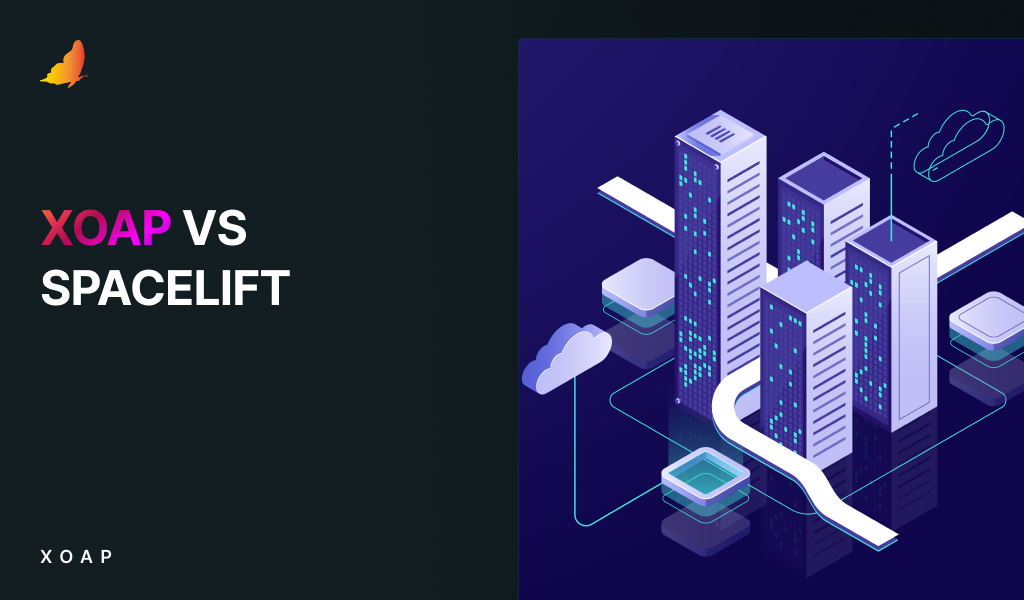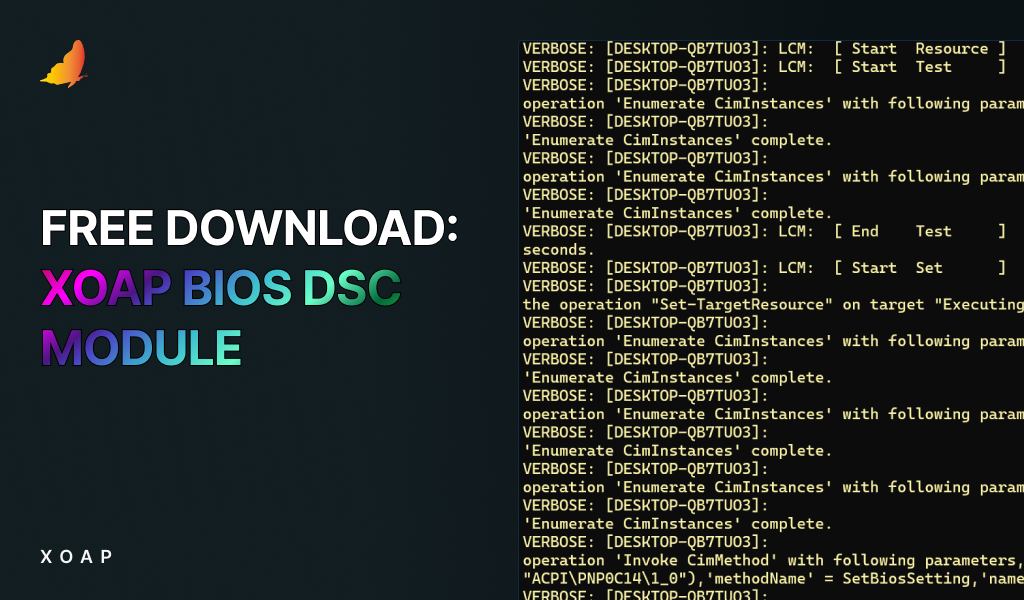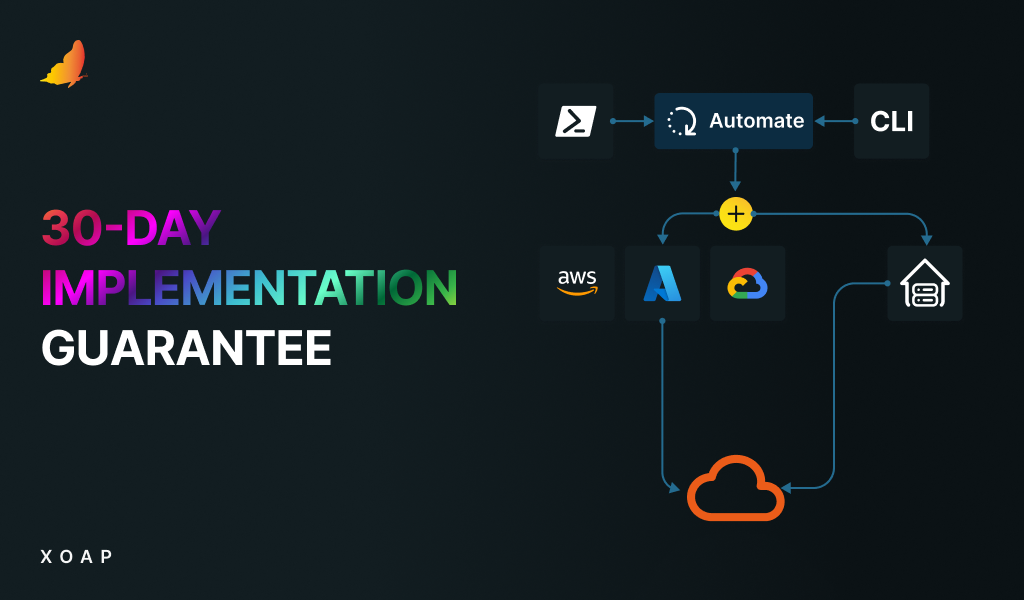Table of contents
Microsoft Autopilot has become the go-to solution for many IT teams when it comes to modern device provisioning. It simplifies the setup process, saves time, and enables a seamless experience for end users. But what comes after the initial provisioning or what about the use cases Autopilot doesn’t cover?
That’s where XOAP steps in and adds tremendous value, even for companies that have already standardized on Autopilot.
1. Autopilot covers the start, XOAP covers the full journey
Autopilot focuses on out-of-box provisioning, getting new devices ready for users. But enterprise IT often needs much more:
- What about existing devices?
- How do you ensure devices are compliant and secure from day one?
- How do you manage multiple tenants and environments efficiently?
XOAP fills these gaps with a powerful, centralized platform that supports the full device lifecycle – from imaging to application deployment and configuration hardening.
Moreover, XOAP makes it easy to image systems directly from the console across major cloud platforms like AWS, Azure, and Google Cloud. Imaging with vSphere and Nutanix is also supported.
For bare metal devices, XOAP fully integrates with OSDCloud, allowing fast and flexible deployment using:
- PXE boot
- Microsoft WDS
- Azure Blob Storage
This gives you powerful imaging across cloud, virtual, and on-prem environments.
2. One interface for every deployment type
In reality, most organizations are hybrid:
- Autopilot for new devices
- Classic imaging for training rooms or shared environments
- VMs, Citrix or RDS hosts for specialized scenarios
XOAP gives you a unified UI to manage all of these, removing silos and reducing operational complexity.
Provisioning a device is one thing; making sure it’s secure and compliant is another.
With XOAPs Configuration Management module, you can:
- Enforce CIS, STIG, or BSI compliance automatically during or after deployment
- Integrate Windows LAPS, firewall settings, and configuration policies by design
- Use configuration as code to ensure all systems remain aligned with security policies
This level of control goes far beyond what Autopilot alone provides.
Read more about:
4. Smarter software deployment across environments
Autopilot doesn’t install software, except in Autopilot Pre-Provisioning scenario, formerly known as ‘white glove’. Usually that’s handled through Intune. But what if you need more?
With Application Management module, you get:
- A rich, reusable package library
- Centralized packaging support across multiple tenants
- A solution that works beyond Intune, including SCCM, hybrid setups, and disconnected environments
It’s a modern take on application delivery, with better flexibility and fewer limitations.
5. Multi-tenant management made easy
For MSPs or large enterprises managing multiple tenants, Intune becomes difficult to scale.
XOAP solves this by offering:
- Unified control for all tenants
- Reusable scripts, packages, and compliance templates
- Per-tenant customization without duplicated effort
A major efficiency booster for complex environments.
6. Visibility and troubleshooting finally made simple
One of the biggest pain points with Autopilot is the lack of visibility when something goes wrong.
With central insights and reporting, you get:
- Transparent, real-time status reporting
- Detailed logs and execution history
- Proactive alerts before small issues become big problems
Especially useful in hybrid environments where Intune, SCCM, and on-prem AD coexist.
XOAP is the natural evolution for Autopilot-powered environments
Microsoft Autopilot is a solid starting point, but XOAP transforms it into a powerful, secure, and scalable automation strategy:
- More control
- Better compliance
- Broader reach
- Unified automation
Autopilot gets your devices ready – XOAP makes them productive, secure, and compliant.
Want to see XOAP in action? Book a personalized demo today.


